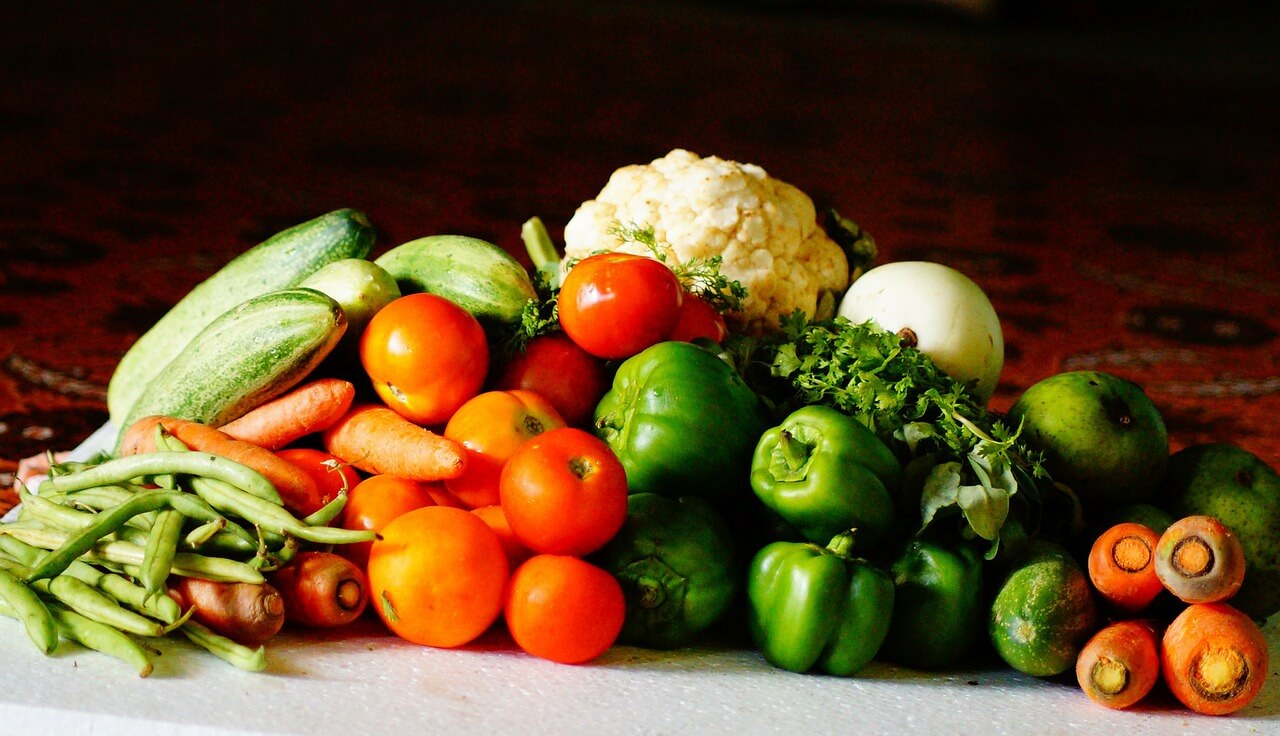The French-based major retailer, Carrefour, will be partnering up with IBM to use blockchain technology to streamline the supply chain process of some of its fresh produce.
We know that distributed ledger technology is a viable solution for most record-driven and paper-intensive businesses. However, its inherent characteristics like immutability, speed, and security also make it ideal for supply chain management processes.
The U.S.-based retail giant, Walmart, saw this potential and recently partnered up with IBM to use blockchain technology to trace the journey of some of their produce from suppliers’ farms to the stores themselves. Now, according to CNBC, another major retailer has seen the blockchain light.

IBM Gains Another Retail Partner
Carrefour SA is Europe’s biggest retailer and is now looking at how blockchain technology can solve issues relating to the traceability and provenance of their fresh produce. IBM is once again providing a solution in the form of their IBM Food Trust system, which will allow the retailer to access essential information such as how the produce is grown as well as its processing and shipping procedures.
This information can then be shared with the relevant stakeholders to make the whole process as transparent as possible. Another benefit is the fact that blockchain will cut the time it takes to usually complete this process from days to seconds.
Carrefour’s Secretary-General, Laurent Vallee, explained the impact that this technology will have:
The key thing for us as Carrefour is to be able to say when there is a crisis that we have the blockchain technology, so we are able to trace products and tell the story of the products.
The retailer will initially roll out this initiative to track tomatoes, chicken, and eggs. This will also allow Carrefour to determine the origins of any possible salmonella outbreaks. However, Carrefour hopes to use the technology for all of its fresh produce in the future.

Mass Adoption of Blockchain Could be an Issue
While using blockchain technology in this way seems like an obvious choice for some, researchers caution that adoption is not a given. Simon Ellis, who works for IDC, a U.S.-based market research firm, explained that an understanding of technology as a whole could be a deterrent:
The efforts to convince growers to participate is not a minimal one. Growers and farmers exist at dramatically different levels of technological sophistication.
IBM’s technology has managed to attract some big names in the industry. These include Smithfield Foods, Nestle SA, Unilever Plc and Tyson Foods Inc.
Do you think blockchain is the future of tracing fresh produce? Will more retailers come to embrace it? Let us know in the comments below!
Images courtesy of Pixabay and Shutterstock.



